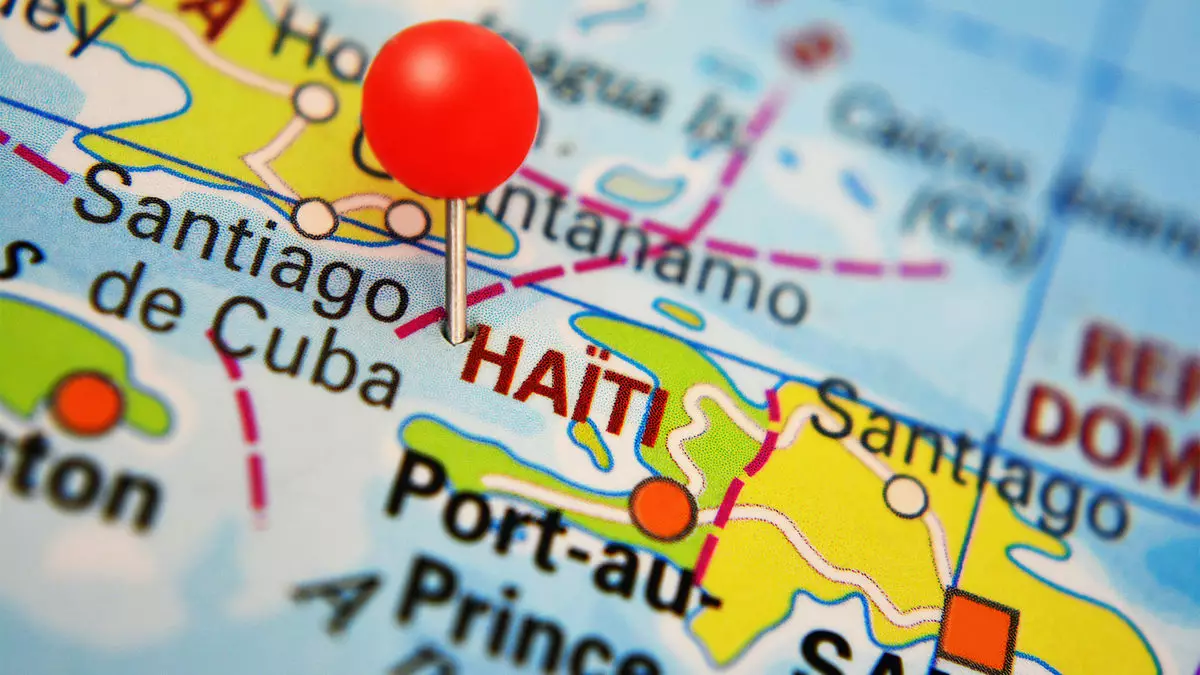The escalating violence in Haiti has turned the spotlight on aviation safety, particularly after recent incidents involving gunfire aimed at commercial aircraft. Following these alarming events, the Federal Aviation Administration (FAA) moved swiftly to enhance the safety of U.S. airlines flying to the troubled nation. Effective immediately, the FAA has issued a 30-day prohibition on U.S. carriers’ operations to Haiti and imposed restrictions on flights operating in Haitian airspace below 10,000 feet. This decisive regulatory measure serves as a direct response to the escalating lawlessness that has plagued the country, particularly in the wake of political instability since the assassination of President Jovenel Moise in 2021.
The immediate aftermath of the FAA’s order saw major U.S. airlines, including Spirit Airlines and JetBlue Airways, reevaluate their service to Haiti. Notably, Spirit Airlines has suspended its flights from Fort Lauderdale to both Port-au-Prince and Cap-Haitien indefinitely. This suspension reflects a clear need to prioritize passenger safety amid growing risks. JetBlue, initially seemingly unaffected, later discovered that one of its aircraft had also been struck by gunfire during a flight from Port-au-Prince to New York’s JFK airport. Fortunately, no serious injuries were reported among passengers or crew, but the incident underscores a broader security crisis that airlines now must navigate.
Haiti’s current environment of gang violence and civil unrest has not only troubled local citizens but has also extended its impacts to international relations and travel. The recent gunfire incidents, occurring on the same day that Alix Didier Fils-Aimé was named as the new prime minister, highlight the precarious situation in the nation. With rival gangs battling for power and influence, the country’s stability remains tenuous. Thus, aviation businesses are forced to contend with the dangers posed by a setting rife with uncertainty, making operational decisions increasingly complex and fraught with risk.
Shifting Perspectives on Travel to Haiti
The FAA’s announcement signals a necessary pivot in how airlines and passengers view travel to Haiti. With concerns over personal safety rising, potential travelers may reconsider their plans to visit this Caribbean nation, further straining Haiti’s economy and tourism industry. Moreover, with airlines now grounded, the already fragile infrastructure finds itself under even more significant pressure as residents and businesses alike face constraints on the importation of goods and accessibility to essential services.
The Path Ahead
The future of commercial aviation in Haiti now hangs in the balance as airlines await clearer conditions for safe operations. The collaboration of aviation authorities, law enforcement, and international stakeholders will be vital in establishing a framework that can guarantee the safety of air travel. For now, U.S. airlines remain cautious, putting the well-being of passengers first in an environment that is anything but secure. Ultimately, this crisis calls for significant changes, not only in terms of security protocols for air travel but also in addressing the root causes of the unrest that continues to jeopardize the lives of many in Haiti.


Leave a Reply